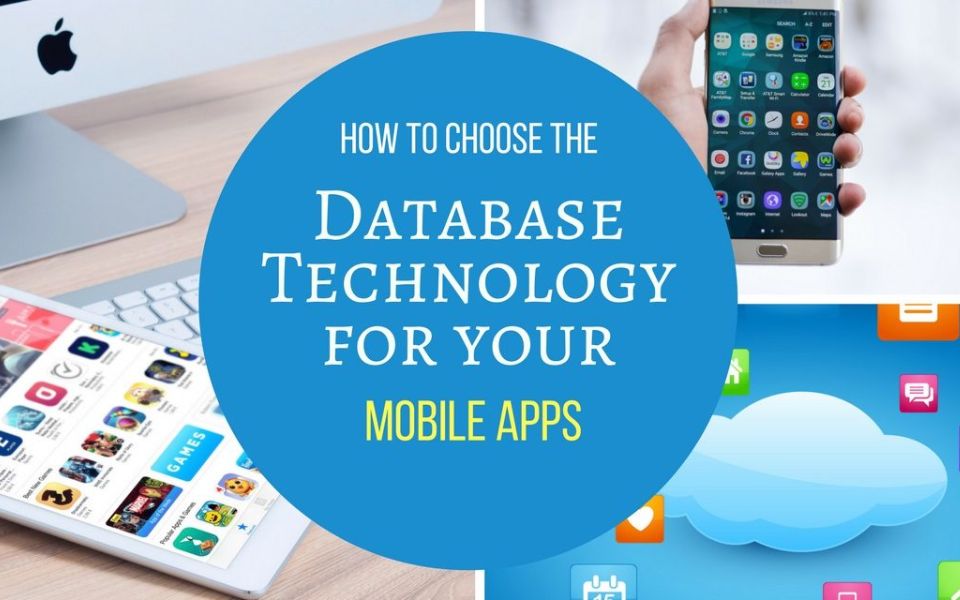Subscribe to Our Newsletter
Stay updated with the latest tips and strategies. Get additional discounts and alerts on offers.

The modern-day market has been taken over by the Smartphones manufactured by various companies. With the invention of such a magnificent useful device, there is a certain need for some apps which can make this Smartphone a complete package. This takes us down to the next scenario! Nowadays consumers are massively reliant on their mobile apps. Each day, thousands of apps are downloaded from different app markets and are used extensively on daily basis. If these apps were not useful, no one would be using them.
Every one of us agrees that Internet has become a necessity of great importance and it is nearly impossible to live in this world without it. But, apps that still require an Internet connection for their running might not be perfect for every user. If any app fully relies on a connection, even in the 21st century, odds are high that the user experience will be unpredictable and sluggish.
For bridging the gap between the user and an app without an Internet connection, many database solutions and cloud providers have added synchronization and different offline services. Among these are solutions such as Couch base mobile, Amazon’s Cognito, and Google’s Firebase. These solutions allow any app to work in dual mode i.e. Online & Offline.
Now the real question which we have to face is –
To provide you a complete sense of the solution, here are the five key criteria which will help you to choose the right database technology for your mobile apps.
You should have a clear vision of selecting the correct client platforms. Is there a necessity to go beyond iOS and Android? Are you looking for a platform which is new in the limelight? Are you planning to support Windows, Laptops, and OS X platforms?
Anything you plan, there should be a foolproof reason behind it. For taking such a decision, you will need to do in-depth research on the available platforms, figure out each platform’s pros & cons, and why they will be the best fit for you. Also, it is vital to evaluate databases on a regular basis.
The majority of users deal with two types of storage – Synchronized and decentralized storage. In any storage structure, it is absolutely vital to access, receive, transmit and store data in an effective manner. Also, there are required constraints of confidentiality and isolation. With these techniques, the data is stored in a securable position. For mapping this completely, you will need to address authentication, data in motion, data at rest, and also read/write access.
When it comes to Authentication, it should be flexible, allow the use of standard public, and also for various authentication providers. Further, the support for the anonymous access is also essential for accessing data in many apps. For data at rest, you will require the toughest security mechanisms which can help in protecting confidential data and also keeping it encrypted.
For data in motion, every communication must be transferred over a secure channel such as SSL or TLS for data read/ write access. SSL Certificate plays an important role in keeping data secure at rest and in motion. At last, the database must offer granular control over every data set which is accessed and modified by different users.
Data modeling is one of the essential steps in deciding the perfect database technology for your app. With data modeling flexibility, you will get to know whether you can inculcate the model requirements for any app in an efficient and simplified manner or not. Even more importantly, it will help to grow your model as per changing requirements.
Since modern mobile apps are changing at a relentless pace, Model Flexibility is far more important than you think.
But, other than that, the Relational Database is quite a good option if you are looking for strong data consistency. Also, the NoSQL database does require much better flexibility and can provide quite decent performance for mobile apps.
For any mobile platform which uses a decentralized mechanism for different data writes, the same data can be changed on multiple devices. In return, it can create a conflict and a greater amount of redundancy. For resolving such conflicts, the system will need to implement certain mechanisms to solve the issue quite professionally.
Basically, conflict handling will be different for every system. For example, the Couchbase Mobile uses various revision trees with a default resolution rule. This same approach is levied by systems namely Git and many other Clock based resolution systems.
Couchbase also provides different customization (either for a server or client) to perform the three-way merge resolution.
With an ability to resolve conflicts and allow the transfer to work in an efficient manner, syncing at the right time is yet another thing one has to pay some heed to. Syncing includes some strategies such as replication, conditional replication, and also replication filtering.
In a replication strategy, you should look for features such as streaming, one-time, polling, push, and continuous.
Regarding conditional replication, data can be replicated only under specific conditions. For example, when any Smartphone is on Wi-Fi connectivity or it has sufficient battery power.
At last in replication filtering, you will get the power to replicate some amount of data but not the entire data volume.
Many mobile app development companies are making some great apps that can work online as well as in offline mode. But, if you want to get a keen knowledge of the key criteria required for selecting the right database technology for mobile apps, the above information will be quite sufficient to kick start your innovation in this technologically oriented world.
Show Some Love!

Subscribe to Our Newsletter
Stay updated with the latest tips and strategies. Get additional discounts and alerts on offers.
Related Articles
Subscribe to Newsletter
Stay up to date with the latest marketing, sales, and service tips and news.
